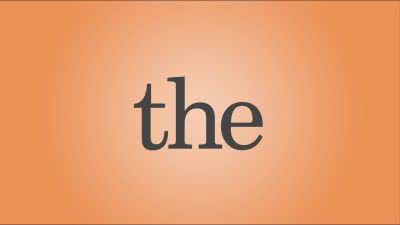Significato della parola the in italiano
Cosa significa the in inglese? Scopri il significato, la pronuncia e l'uso specifico di questa parola con Lingoland
the
US /ðiː/
UK /ðiː/

Determinante
1.
il, la, i, le, gli
used to refer to a person or thing that is unique
Esempio:
•
The sun is shining brightly.
Il sole splende intensamente.
•
The moon is full tonight.
La luna è piena stasera.
2.
il, la, i, le, gli
used to refer to a person or thing that has already been mentioned or is easily understood from the context
Esempio:
•
I saw a dog. The dog was barking loudly.
Ho visto un cane. Il cane abbaiava forte.
•
Please close the door.
Per favore, chiudi la porta.
3.
il, la, i, le, gli
used to refer to a class of people or things
Esempio:
•
The rich often pay less tax.
I ricchi spesso pagano meno tasse.
•
The whale is a mammal.
La balena è un mammifero.
Avverbio
1.
più
used with a comparative adjective or adverb to show that one thing depends on another
Esempio:
•
The more, the merrier.
Più siamo, più ci divertiamo.
•
The sooner, the better.
Prima è, meglio è.
Impara questa parola su Lingoland